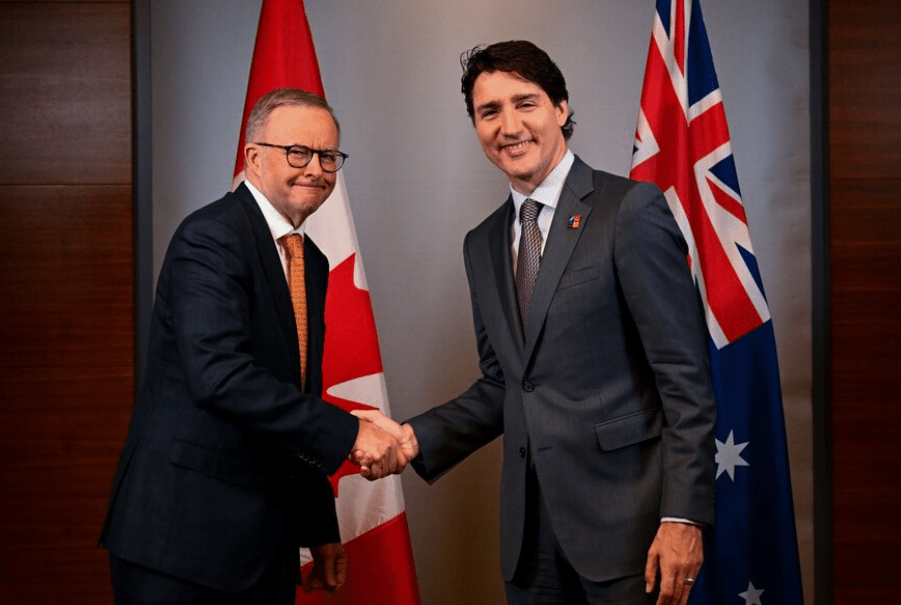Prime Minister Anthony Albanese, along with the leaders of New Zealand and Canada, has jointly called for a sustainable ceasefire in Gaza, with Australia lending its support through a favourable vote at the United Nations General Assembly
The move sets Australia somewhat apart from the US, which voted against the ceasefire motion. However, US President Joe Biden cautioned that Israel’s indiscriminate bombardment of Gaza is diminishing its international support.
In their joint statement on Wednesday, Albanese, Christopher Luxon and Justin Trudeau expressed regret that the previous pause in fighting, brokered by the US, Egypt, and Qatar, was not extended.

They emphasised the need for the pause to resume and support urgent international efforts for a sustainable ceasefire.
The statement stressed the importance of a two-sided approach, calling for Hamas to release all hostages, cease using Palestinian civilians as human shields, and disarm.
The leaders condemned Israeli settler violence in the West Bank and expressed support for the Palestinians’ right to self-determination.
They explicitly stated that Hamas has no role in the future governance of Gaza. They mourned the loss of innocent lives on both sides of the conflict and expressed condolences to affected families and communities.
With over 18,000 Palestinians killed and nearly 50,000 wounded during Israel’s bombardment of Gaza, the leaders shared deep concern about the humanitarian crisis and the ongoing risks to Palestinian civilians.
They called for increased and sustained safe and unimpeded humanitarian access.
Following the joint statement, the UN General Assembly held an emergency special session in New York, passing a non-binding motion for an immediate ceasefire.
Australia joined 152 nations in favour, while the US and nine others voted against, and 23, including the UK, abstained.
It’s worth noting that in October, Australia abstained from voting on a call for an immediate humanitarian truce.
The resolution passed, but Australia expressed disappointment, citing its belief that the resolution was incomplete as it did not attribute the October 7 attack to Hamas.

